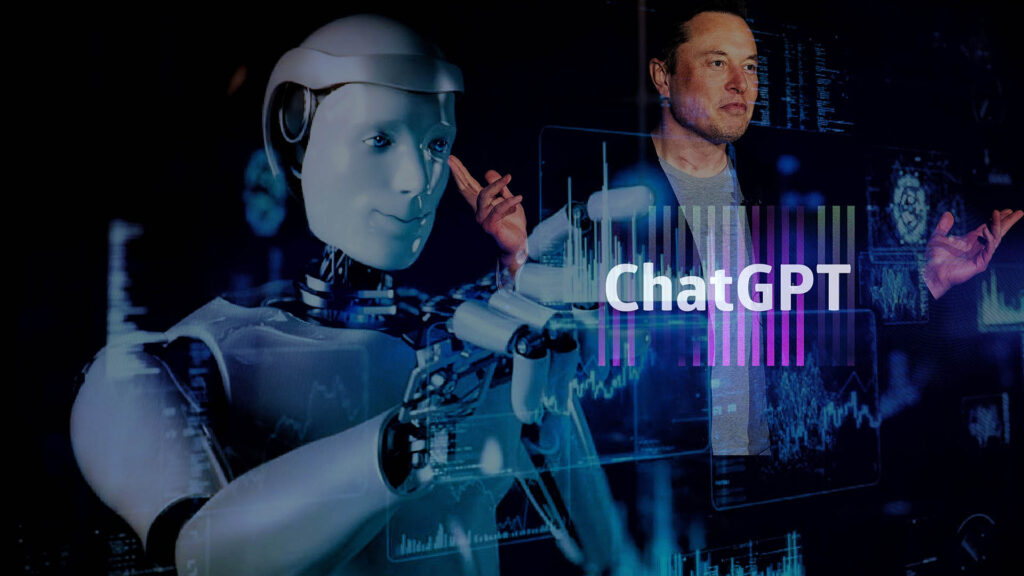Elon Musk’s injunction filing, Canadian publishers taking aim at the company, and ambitious plans for the next phase of growth. Here’s a look at some of the latest OpenAI developments.
Musk vs OpenAI: The escalating legal battle
Elon Musk has intensified his legal battle against OpenAI. On Friday last week, he filed a motion for a preliminary injunction, seeking (among other things) to halt OpenAI’s transition into a fully for-profit entity until the case is resolved.
Musk was one of the co-founders of OpenAI in 2015, but departed in 2018, citing disagreements over the company’s direction. Since then, OpenAI shifted to a capped-profit model in 2019 and is now pursuing a fully for-profit transition.
Musk initiated legal action against OpenAI (along with CEO Sam Altman and President Greg Brockman) on 29 February this year, alleging breach of charitable trust. That is, that the company had deviated from its original nonprofit mission to develop artificial intelligence for humanity’s benefit, violating the terms under which Musk’s donations were made. This suit was withdrawn in June 2024 without explanation, but revived in August—and then expanded in mid-November to include Microsoft as a defendant.
Microsoft has invested approximately US$14bn in OpenAI since 2019.
The claims in Friday’s filing include:
- that OpenAI has abandoned its original nonprofit mission;
- that OpenAI and its partners, including Microsoft, engaged in anticompetitive practices such as investor restrictions, in violation of the Sherman Act;
- that Microsoft benefited from competitively sensitive information, in violation of the Clayton Act;
- that OpenAI’s leadership, including Sam Altman, engaged in self-dealing by transferring assets and intellectual property to for-profit entities where they had financial interests;
- that Musk, OpenAI, and the broader public will suffer irreparable harm if the injunction is not granted. For instance, that OpenAI and Microsoft’s dominance in the AI market would be solidified, and that Musk’s new venture, xAI, is at risk of losing access to critical investment capital;
- that public interest considerations favour the injunction. OpenAI’s current path is said to harm public trust, stifles AI innovation, and accelerates unsafe AI deployment.
In response to Musk’s filing, an OpenAI spokesperson dismissed the claims as “utterly without merit”.
Musk’s xAI
While challenging OpenAI, Musk has simultaneously scaled his AI venture, xAI, into a formidable rival.
Founded in July 2023, xAI has already achieved a valuation of US$50bn and recently closed a US$5bn funding round. The company’s flagship product, the Grok chatbot, integrates with Musk’s social media platform X (formerly Twitter), and was trained using data from X.
xAI’s rapid growth is supported by infrastructure investments like the Memphis supercomputer “Colossus”, consisting of 100,000 Nvidia GPUs, which became operational in early September.
Canadian publishers sue OpenAI over copyright infringement
Also on Friday, five of Canada’s leading news organisations (CBC/Radio-Canada, the Globe and Mail, the Toronto Star, the Canadian Press, and Postmedia) launched a landmark lawsuit against OpenAI, accusing the company of using their proprietary articles without authorisation to train its ChatGPT model.
The case was filed in Ontario’s Superior Court, seeking damages of up to C$20,000 per article.
The plaintiffs allege that OpenAI “scrapes” proprietary content from news websites, bypassing copyright safeguards such as paywalls and disclaimers. “They are strip-mining journalism while substantially, unjustly, and unlawfully enriching themselves to the detriment of publishers,” said Paul Deegan, president of News Media Canada.
If successful, the lawsuit could result in billions of dollars in damages, setting a precedent for how AI companies engage with copyrighted material.
While OpenAI argues that its practices fall under fair use principles, the plaintiffs maintain that the scale and nature of the alleged infringement go far beyond what is permissible.
This case is part of a broader wave of litigation against AI companies, including:
- December 2023: The New York Times alleged that ChatGPT and Microsoft Copilot reproduced Times articles without authorization. The case is currently in discovery phase.
- April 2024: Eight US newspapers, including the Chicago Tribune and New York Daily News, claimed OpenAI and Microsoft illegally harvested copyrighted articles to train their AI models.
- October 2024: Publishers of the New York Post and the Wall Street Journal sued Perplexity AI, alleging that the AI startup copied substantial amounts of their copyrighted content without permission.
What’s next for OpenAI?
OpenAI has a $157bn valuation, but faces significant costs, spending over $5 billion annually, as well as competition from a number of rivals, like Google’s “Gemini” and Anthropic’s “Claude”, Perplexity AI and xAI’s “Grok”.
Despite its challenges, the company is pushing forward with an ambitious roadmap. It has 250 million weekly active users, and hopes to reach 1 billion users by 2025.
At the core of its future plans is “Orion” (which could be branded “GPT-5” on release). Orion is an advanced AI model designed to enhance reasoning capabilities and is likely to include “agentic” features—autonomous systems capable of performing complex tasks such as research, booking travel or managing schedules.
Agentic AI shifts AI from being purely responsive to proactively assisting users. “’Agentic’ has got to be the word of the year,” said CFO Sarah Friar.

